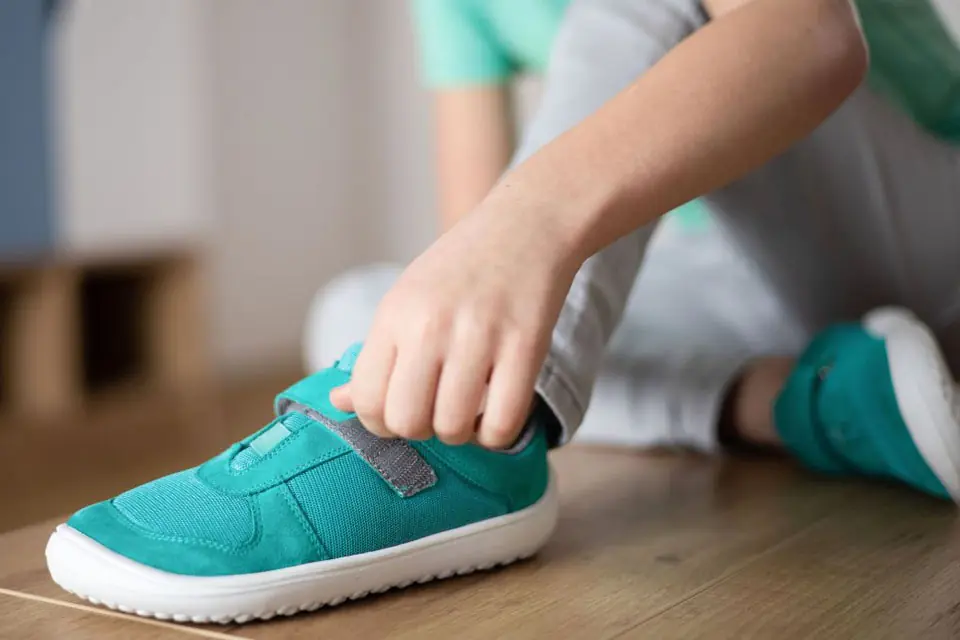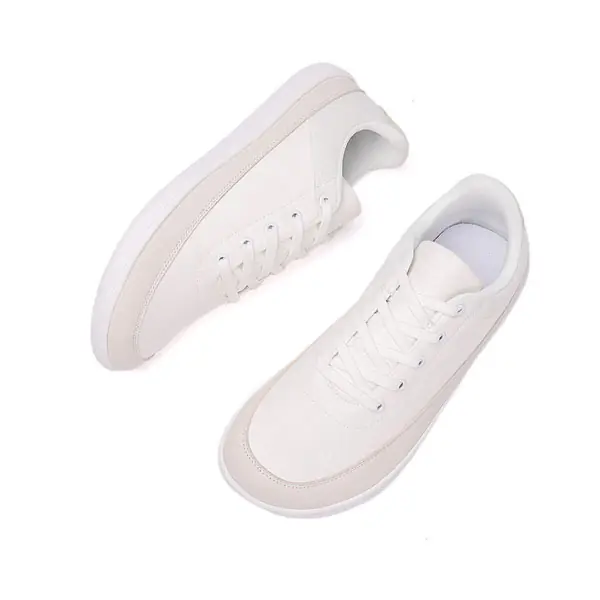
How Long Do Barefoot Shoes Last
Table of Contents

When considering the longevity of barefoot shoes, it’s essential to understand that their lifespan can vary significantly based on multiple factors. As a barefoot shoes manufacturer, we’ve gathered extensive data on how long these minimalist footwear options typically last and what affects their durability.
Understanding Barefoot Shoe Construction and Durability
Barefoot shoes are designed with a unique construction that prioritizes natural foot movement and ground feel. The typical lifespan of barefoot shoes ranges from 6 months to 2 years, depending on several key factors:
- Usage frequency and intensity
- Terrain and activity type
- Material quality and construction
- Care and maintenance
- Individual gait patterns
Factors Affecting Barefoot Shoe Longevity
Material Quality and Construction
The durability of minimalist barefoot shoes largely depends on the materials used in their construction. High-quality materials typically include:
- Natural leather: 1-2 years lifespan
- Synthetic mesh: 6-12 months lifespan
- Rubber soles: 8-18 months lifespan
- Canvas: 6-12 months lifespan
Usage Patterns and Activities
Different activities can significantly impact how quickly barefoot shoes wear:
| Activity Type | Average Lifespan |
|---|---|
| Daily Walking | 12-18 months |
| Running | 6-12 months |
| Trail Running | 4-8 months |
| Casual Wear | 18-24 months |
Signs It’s Time to Replace Your Barefoot Shoes

Watch for these indicators that your barefoot shoes need replacement:
- Visible sole wear patterns
- Separation of sole from upper
- Loss of original flexibility
- Compromised water resistance
- Decreased ground feel sensation
Maximizing Barefoot Shoe Lifespan
To extend the life of your barefoot running shoes, consider these maintenance tips:
- Rotate between multiple pairs
- Clean regularly with appropriate materials
- Store in a cool, dry place
- Address minor repairs promptly
- Use specific shoes for their intended purpose
Comparing Durability Across Different Brands
Different barefoot shoe brands offer varying levels of durability. Here’s a general comparison:
| Brand Category | Average Lifespan | Price Range |
|---|---|---|
| Premium | 18-24 months | $120-200+ |
| Mid-range | 12-18 months | $80-120 |
| Budget | 6-12 months | $40-80 |
Environmental Impact and Sustainability
The longevity of barefoot shoes also has environmental implications. Consider:
“A well-maintained pair of barefoot shoes that lasts longer reduces environmental impact and provides better value for money.”
Cost Analysis Over Time
Understanding the long-term cost implications:
- Initial investment vs. durability
- Cost per wear calculation
- Replacement frequency
- Maintenance costs
Common FAQs About Barefoot Shoe Longevity
How often should I replace my barefoot running shoes?
Replace running-specific barefoot shoes every 500-700 miles or when showing significant wear patterns.
What’s the best way to extend the life of barefoot shoes?
Rotate between multiple pairs and clean them regularly according to material-specific care instructions.
Do barefoot shoes wear out faster than traditional shoes?
Not necessarily – while the minimal construction might suggest less durability, quality barefoot shoes often last as long as traditional footwear when properly maintained.
Why do some barefoot shoes wear quickly?
Rapid wear can occur due to improper sizing, aggressive use, or poor quality materials. Choosing the right shoe for your specific needs is crucial.
Conclusion
The lifespan of barefoot shoes depends on various factors, including quality, usage, and care. While most pairs last between 6 months to 2 years, proper maintenance and appropriate use can significantly extend their durability. For optimal results, consider investing in quality pairs from reputable manufacturers and following proper care guidelines.Remember that the longevity of your barefoot shoes is directly related to how well they’re matched to your specific needs and how well you maintain them. Whether you’re a casual walker or an avid runner, understanding these factors will help you make informed decisions about your barefoot shoe investments and maintenance routine.
